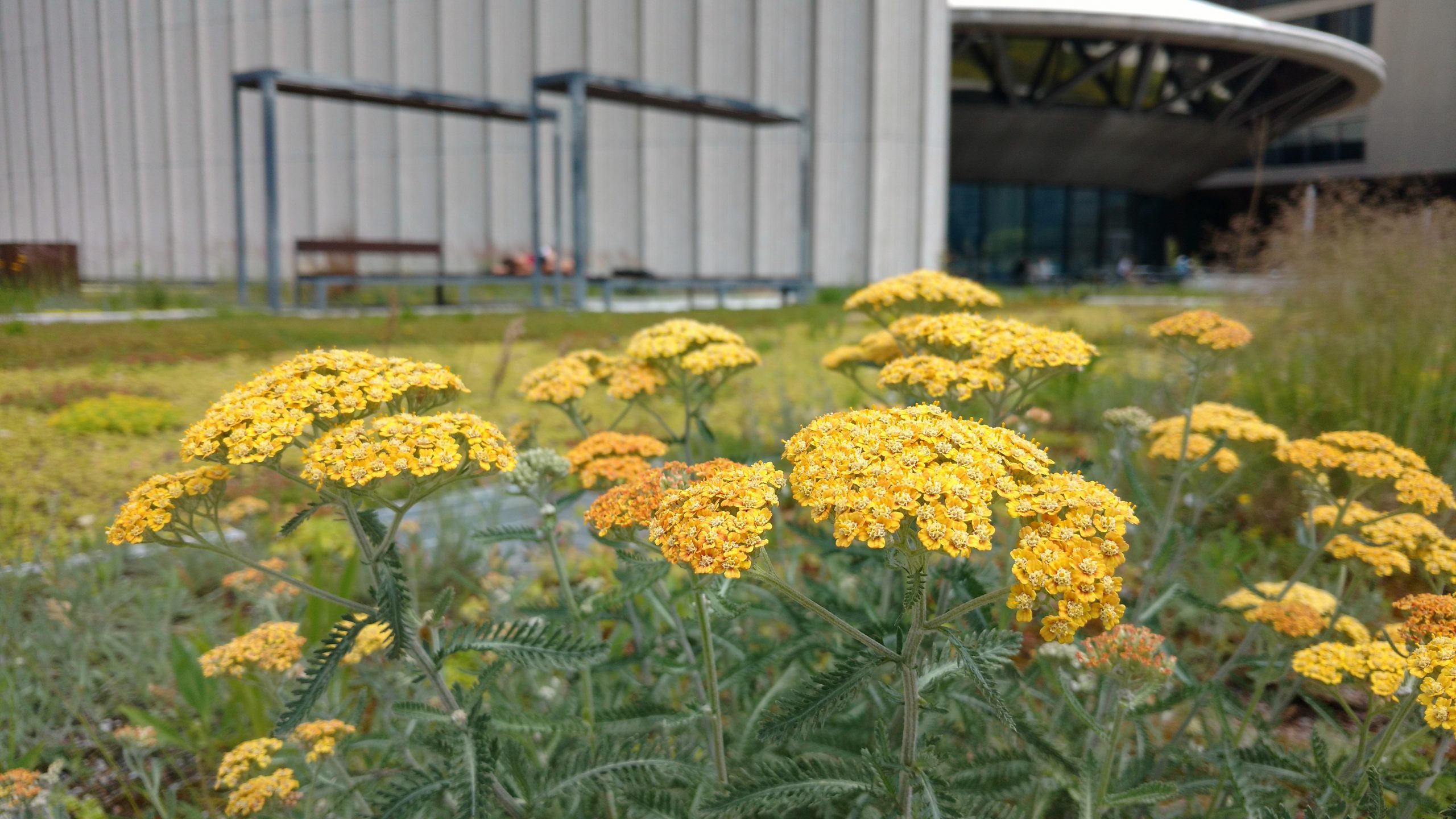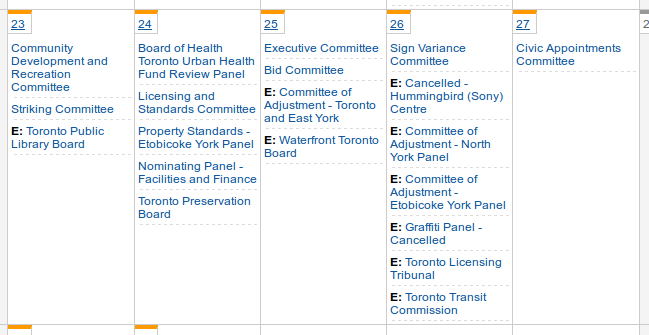It’s the last Council meeting till October, and as you’d expect, the agenda is packed. There’s a ton of shelter- and housing-related items, the aftermath of this spring’s floods, banning penguins, terrible motions from Cllrs Ford and Mammoliti, and more. Watch the livestream or follow my tweets.
Category: queer
The Cheat Sheet: May 2017 City Council
I’m back, bitches! On a site where I can say “bitches”! I’ll try not to go overboard. Here’s everything worth caring about on this month’s City Council agenda. Watch the livestream or follow my tweets.
The Cheat Sheet: Committee Meetings, Mar. 23-27
Here’s a quick overview of this week’s committee meetings at City Hall! Issues to watch for: shelter beds and affordable housing, election accessibility, ferry terminal designs, the Spadina subway extension, and more. Continue reading The Cheat Sheet: Committee Meetings, Mar. 23-27
The Cheat Sheet: July 7 & 8 City Council

Monday’s City Council is actually a Special Meeting, and for once it’s not a transit debate that we’ll all walk out of hating everyone and everything. This time, Council will appoint fill-in councillors for Wards 5 and 20, vacant after councillors Milczyn and Vaughan levelled up to MPP and MP, respectively. You might see some familiar names on the list of candidates for Ward 5 and Ward 20. They include former Ford staffer Nico Fidani, cinephile urban legend Reg Hartt, and, uh, me. Yep. After saying on Keenan’s show that you couldn’t pay me to be Ward 20 councillor, I went and signed up, mostly as a joke…but upon consideration, I guess I know this beat pretty well.
The July City Council meeting proper starts Tuesday. (You’ll have gotten a preview of several of these items if you followed my Executive Committee livetweeting.) Here’s the full agenda and the livestream. My picks for items to watch are after the jump!
You or Your Memory: Candas Jane Dorsey’s Black Wine
The Mountain Goats, The Sunset Tree – “You or Your Memory” (Lyrics.)
I’m afraid I can’t bring myself to write something appropriately reviewerly, like “Candas Jane Dorsey’s Black Wine is as dark and heady as its fictional namesake drink”, without copious eye-rolling; nor do I have the patience to give a proper synopsis as you can find in any review online, such as “It follows several generations of mothers and daughters who blah blah blah…”—see, I’m bored already.
Let’s start again. What I find most extraordinary about Black Wine on a technical level is what Dorsey doesn’t do. The narratives are tangled and non-linear, and it takes a while to work out how many women there are—one? two? many?—and how they are related. Not every character even has a given name. There is very little physical description. There are lacunae and episodes of amnesia and dissociation. The geography of her world—which seems to be a descendant of our own or maybe an alternate version of it—is deliberately vague and yet dreamily evocative: the sailor town, the trader town, the mountains, the dunes of Avanue. There is no map on the frontispiece. There are several different languages, but we don’t “see” them—they are all represented by English. All this is immensely refreshing to the sf/f reader jaded by the last fifty years or so of worldbuilding wankery, and even more remarkable is that it works.
But none of this tells you what Black Wine’s really about.
So let’s start over yet again. It’s about pain, memory, language, and identity. It’s about how the authoritarianism of the state reproduces itself at every level, down to the power dynamics of sex. (There is a lot of sex in the book, from incestuous sadomasochism to joyously easygoing tripartite bisexual handfastings to furtive fucking that can only be named what it is, “love”, in the secret sign language of slaves.) It’s about the self-perpetuating cycle of domination, control, and abuse. Most of all, though, Black Wine is about freedom. In Ursula K. Le Guin’s Tehanu—which reminds me in many ways of Black Wine—Tenar says, “I am trying to find somewhere I can live.” (Or something like that; this is from memory.) Similarly Ea says, “Only today as I sat in my bath did I realize that my whole life has been spent in the search for safety.” And the trader says of Essa, “‘She had to find a place to live the rest of her life. And she set out.’”
Anyone who has ever cut a parent out of her life, or tried to, or would if she could, or subconsciously kept a list of what she would grab if she had to run and could only take what would fit in one bag, or vowed never to raise children lest she pass on her family’s heritage, or abandoned everything to start over somewhere else, where nobody knows her, or ever gets the euphoric urge to walk away from her home and keep on walking, as far as she can—any such person will understand intimately what Black Wine is about. But Dorsey’s writing is so viscerally true and her world so gorgeously realized that—I hope—any reader will come to know something of these things, too.


